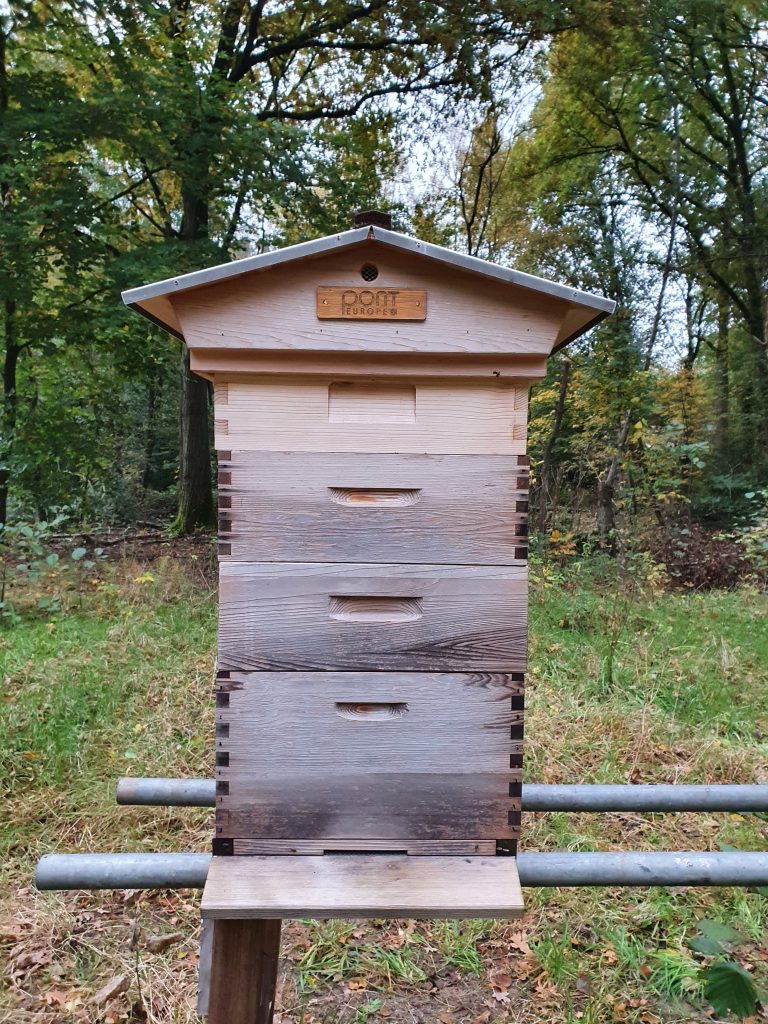
Increasingly over the previous few years, Pont have invested in research, knowledge and products turning our focus to a circular economy and concentrating on sustainable materials and designs that can be recycled again and again.
Our in-house Sustainability and Research Specialist leads a Green Team representing all departments that inform our product development and working practices. Staying at the forefront of industry progress and extensively investigating recycling processes throughout Europe, we are now able to advise on best practice for every aspect of a package from container and closure material to the effect of labels and adhesives.
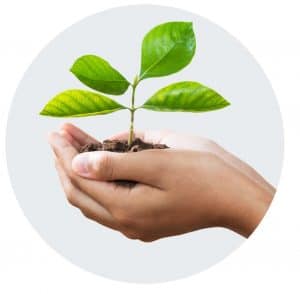
Follow the 4 R's!
REDUCE MATERIAL WHERE POSSIBLE
DESIGN PRODUCTS FIT FOR RECYCLING
USE OF RECYCLED MATERIALS
USE OF RENEWABLE MATERIALS
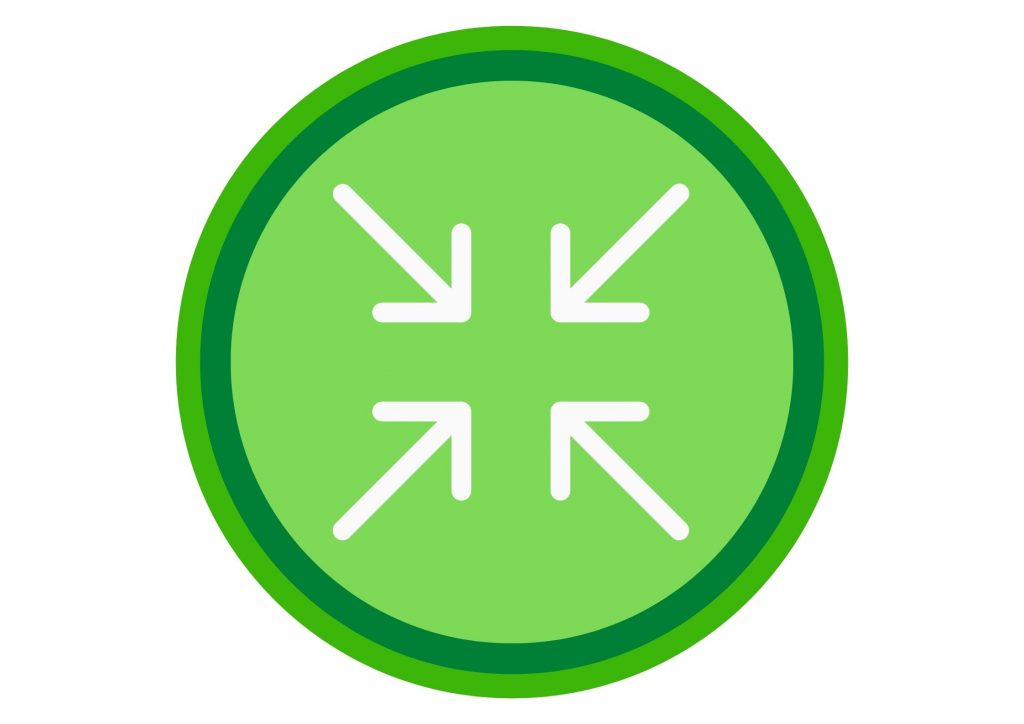
A light weight version of a product is an easy way to have a positive impact by reducing the overall quantity of material. It can be a marketing tool for your company to say how many Kilos of plastic you have saved over a certain period. It only requires some simple technical adjustments of the filling lines.
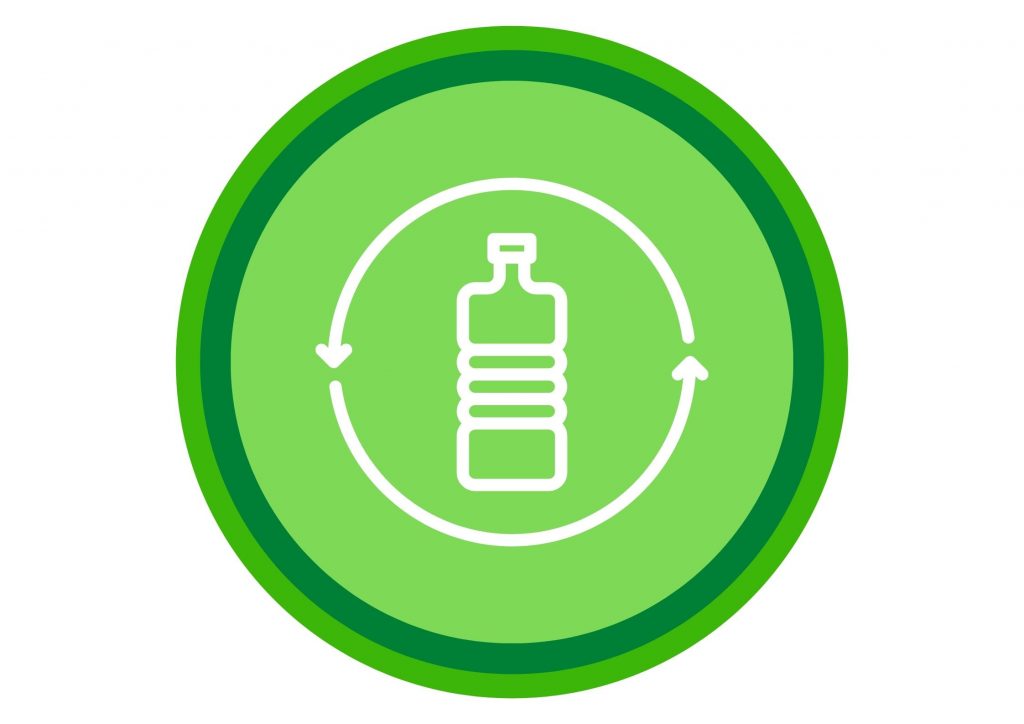
More than just choosing the material, shape and colour of the container, it is important to consider the combination of the whole package – the container/bottle with the cap, the choice of label and the type of glue which can all make the difference between a recyclable item and an unrecyclable one. Every single piece has its own importance and has to be chosen for your specific needs.
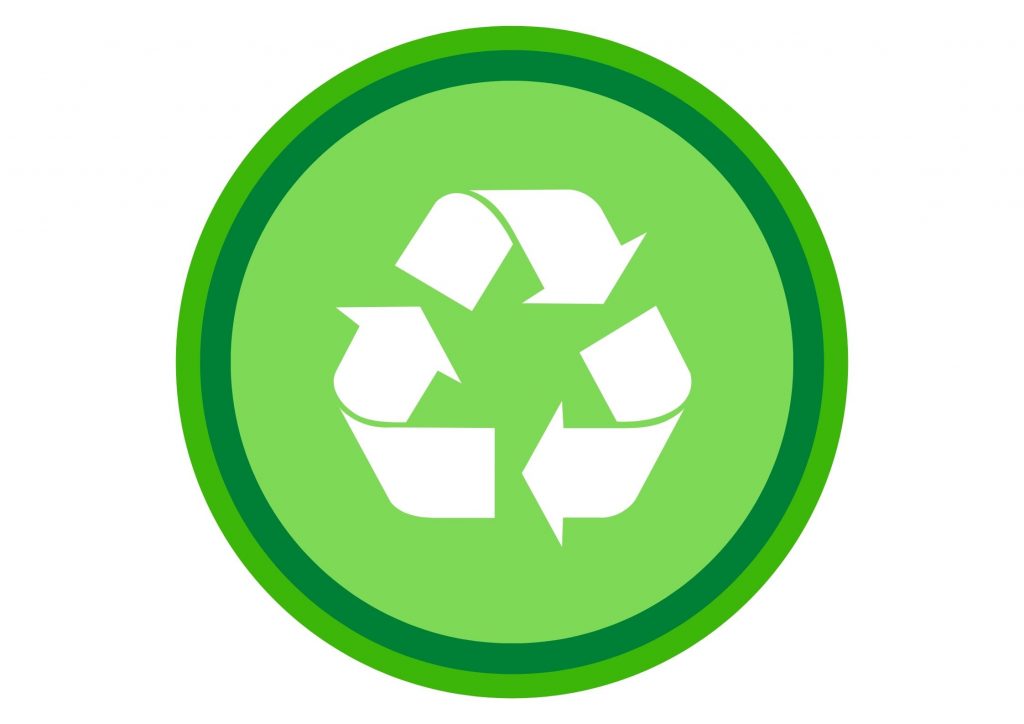
Recycled PET, recycled HDPE, and glass are all materials which can offer similar performances as their original versions and can be recycled many times. Today, the recycled PET is food grade and can be used for all the same applications as the virgin one. The recycled HDPE doesn’t offer the food grade but can be used for many other applications.
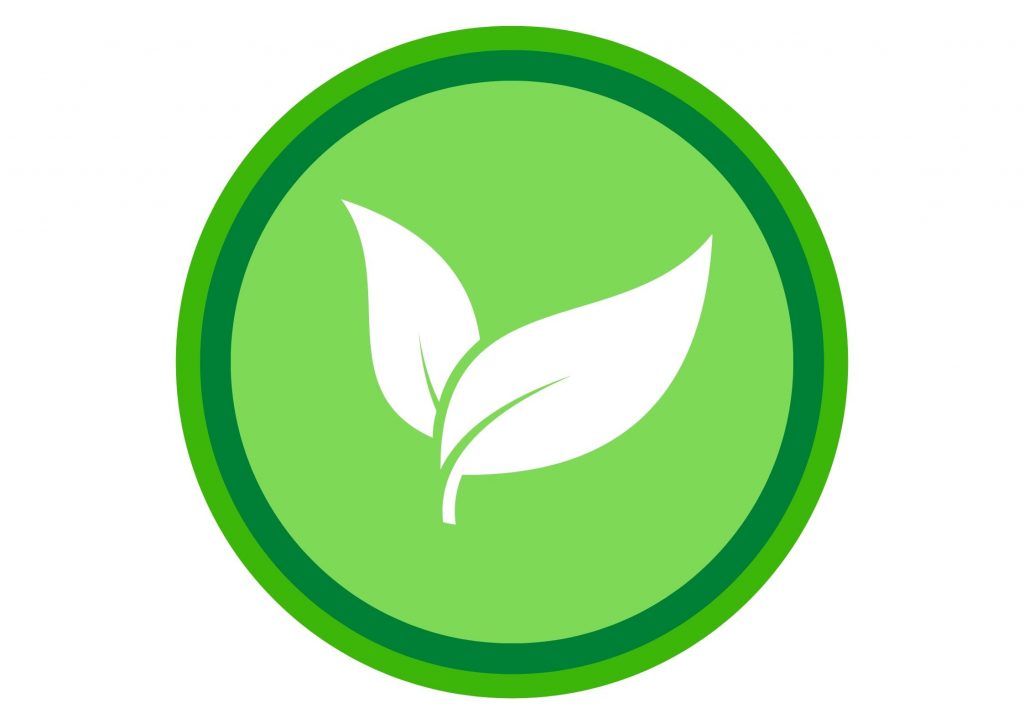
Using natural raw material for your packaging is a great step towards sustainability and to reduce your global carbon foot print. Bio based HDPE material offers the same properties as the petrol based one, and also satisfies the same food certification.
Materials!
Recycled PET
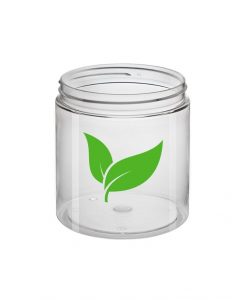
- Made from post-consumer recycled (PCR) materials
- Recyclable
- Offers similar performances to virgin HDPE but is not
- food grade
- Discolouration can vary from one batch to another
Recycled HDPE
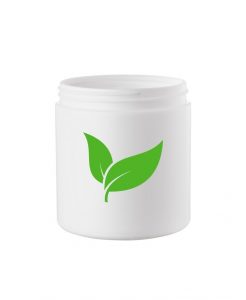
- Biobased material, not biodegradable or compostable
- Made of bioethanol extracted from plants such as sugarcane
- Food grade and recyclable together with virgin HDPE
- Offers similar technical performances to virgin HDPE with no difference in colour
- Increase in global demand for Bio-based PE adds pressure to the raw material availability and must be assessed at the time of each new project.
BIO-BASED HDPE
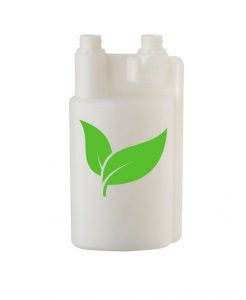
- Biobased material, not biodegradable or compostable
- Made of bioethanol extracted from plants such as sugarcane
- Food grade and recyclable together with virgin HDPE
- Offers similar technical performances to virgin HDPE with no difference in colour
- Increase in global demand for Bio-based PE adds pressure to the raw material availability and must be assessed at the time of each new project.
Glass
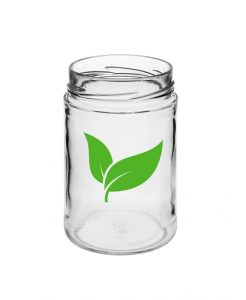
- Material produced from a widely abundant natural resource: sand
- Can be almost endlessly recycled
- Glass cullet requires less energy to be melted
- Remains as food grade
- Recycled material has a very high quality level
Check out some of our product ranges
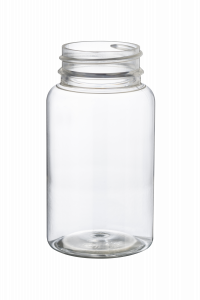 Our popular range of Petpackers are perfect for a wide range of pills, tablets and capsules and can be produced either in 100% recycled content or a mix of virgin and rPET. The ideal is to use clear PET as this is more easily recycled again and although there is varying discolouration associated with the recycled content, this is now more acceptable in retail products.
Our popular range of Petpackers are perfect for a wide range of pills, tablets and capsules and can be produced either in 100% recycled content or a mix of virgin and rPET. The ideal is to use clear PET as this is more easily recycled again and although there is varying discolouration associated with the recycled content, this is now more acceptable in retail products.
Click here to learn more about the Petpacker range.
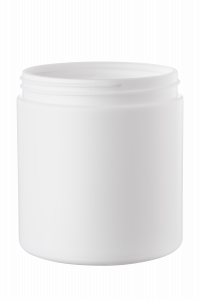 Our cylindrical jars can be produced in Bio-based material whilst still remaining suitable for food use as the technical properties are almost identical to the oil based version. A great sustainable alternative as they are popular with many types of powders and solids.
Our cylindrical jars can be produced in Bio-based material whilst still remaining suitable for food use as the technical properties are almost identical to the oil based version. A great sustainable alternative as they are popular with many types of powders and solids.
Click here to learn more about our cylindrical jars.
 For more successful recycling of an entire package, the ideal is to use Mono-material – where both the container and closure are made in the same material, in this case PE. And because the Roundpackers have a flip-top closure which is tethered to the bottle, they are more likely to be recycled together.
For more successful recycling of an entire package, the ideal is to use Mono-material – where both the container and closure are made in the same material, in this case PE. And because the Roundpackers have a flip-top closure which is tethered to the bottle, they are more likely to be recycled together.
Click here to learn more about our Hinge Guard Roundpackers.
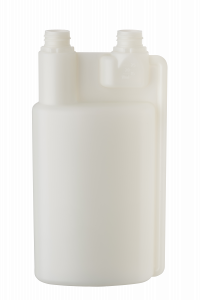 Dosing bottles are used for accurately dispensing chemicals and agricultural products and so are perfect for recycled HDPE as they’re not used for food use. Being generally made in natural HDPE, they do become discoloured with recycled content but this only illustrates a brands commitment to greener packaging.
Dosing bottles are used for accurately dispensing chemicals and agricultural products and so are perfect for recycled HDPE as they’re not used for food use. Being generally made in natural HDPE, they do become discoloured with recycled content but this only illustrates a brands commitment to greener packaging.
Click here to learn more about dosing bottles.
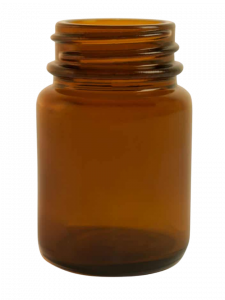 Our versatile powder jars are made in the great sustainable material, glass which makes them an deal alternative container for pills, tablets and capsules. With both amber and white flint glass made as standard with recycled glass content, it’s a perfect choice when considering greener packaging.
Our versatile powder jars are made in the great sustainable material, glass which makes them an deal alternative container for pills, tablets and capsules. With both amber and white flint glass made as standard with recycled glass content, it’s a perfect choice when considering greener packaging.
Click here to learn more about our Powder Jars.
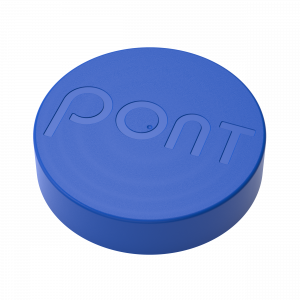 We have a wide selection of closures to match our containers. Many are made in PP which can be recycled but if made using recycled content, are not classified as food safe. We also supply metal closures which are infinitely recyclable.
We have a wide selection of closures to match our containers. Many are made in PP which can be recycled but if made using recycled content, are not classified as food safe. We also supply metal closures which are infinitely recyclable.
Click here to learn more about our closures.
OPTIMUM RECYCLING OF THE WHOLE PACKAGE FOR A CIRCULAR ECONOMY
There are several factors of a complete package that will improve the chances of successful recycling and surviving the sorting process. Our knowledgeable sales team can advise on the advantages of container and closure materials, including the optimum choice of mono-material – that being that both container and cap are made from the same material e.g. PE.
Following on from materials, you can choose paler colours for your container and closure that don’t effect the resulting recycled material and also pigments that don’t contain Carbon Black as this stops items from being detected in the sorting process.
To complete the package, consider the size of label or shrink sleeve as this can mask the material from the NIR detectors leaving the item going to landfill.
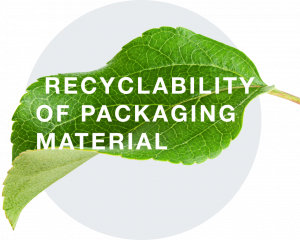
PONT IN-HOUSE SUSTAINABILITY PROGRAMME
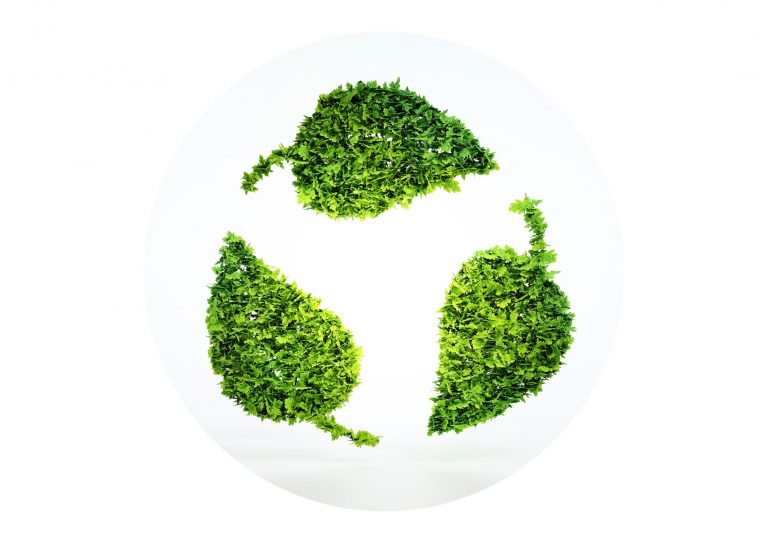
Providing more sustainable packaging solutions is important to Pont, sharing industry knowledge and playing our part in creating change for the better. However, as all businesses should, we also assess our day to day business practices, looking for ways to improve our own sustainability and our carbon foot print. These are just some changes we’ve implemented and we continue to make further improvements:
- Re-using shipping boxes
- Bulbs being replaced with LED versions
- Samples packed with recycled paper
- Waste separated
- More video conferencing and less travel
- Plastic cups and water bottles replaced with re-usable flasks provided by Pont
- An internal challenge for Green suggestions
- The Pont sponsored Bee Hive!
Pont Packaging is saving the bees
Here at Pont, our dedicated Green Team deal with many technical projects concerning packaging materials and the circular economy so it’s exciting to take a step outside and look at other ways we can support the environment around us. That’s why we were thrilled to take up sponsorship of the Pont Europe Beehive. A great opportunity to make a positive impact on nature and support the bee population. Situated just near our Benelux HQ in Almere, the Beehive lives in a sustainable cedar forest and will be taken care of in partnership with a company called Liquid Nature.
Bees are a fantastic symbol of nature and part of the natural cycle of life. Some 80% of European wildflowers require insect pollination and we can only uphold a healthy natural ecosystem by maintaining the health of our bee population along with other pollinating insects. Pollinators allow plants to fruit and seed, providing food and habitat for a range of other creatures and they are essential to the food chain, pollinating the equivalent of a third of what we eat either directly or indirectly.
